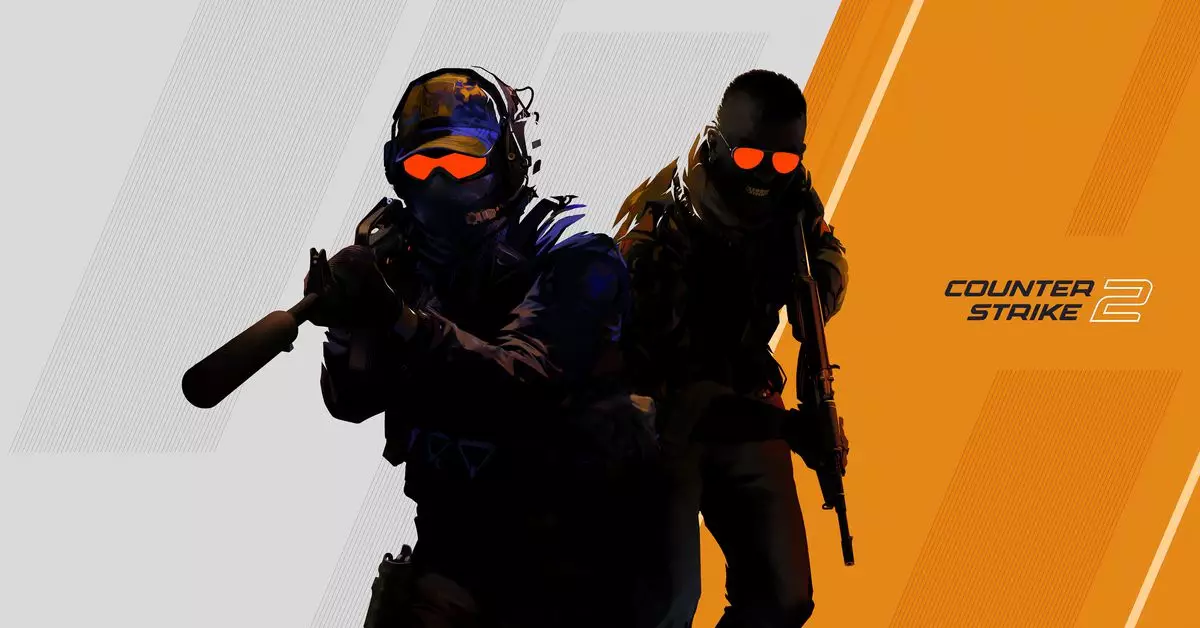Valve, the developer of Counter-Strike 2, has recently made headlines by announcing a ban on players using keyboard features to automate perfect counter-strafes in the game. This decision has sparked a heated debate within the gaming community, with players and hardware manufacturers alike weighing in on the issue.
Razer and Wooting were the first keyboard makers to introduce features such as “Simultaneous Opposing Cardinal Directions (SOCD)” to their keyboards, with Razer calling it “Snap Tap” and Wooting calling it “Snappy Tappy.” These features allow players to automate switching strafe directions without the need to release a key, making counter-strafing much easier in the game.
Valve has taken a firm stance on the use of automation features in Counter-Strike 2, stating that they blur the line between manual input and automation. The company has made it clear that automation through scripting or hardware that circumvents core skills will not be tolerated on Valve Official Servers. Players suspected of automating multiple actions from a single input may face consequences such as being kicked from their match.
Players who have tested SOCD features in Counter-Strike 2 have reported being removed from games on Valve’s official servers, but without facing an account ban. While Valve is banning the use of these keyboard features, it does not currently appear to be banning accounts for using them. This has raised questions about the effectiveness of the ban and whether it will truly address the issue at hand.
Some professional Counter-Strike 2 players have supported Valve’s decision to ban automation features like SOCD, citing the need to maintain competitive integrity in the game. Null binds that prevent players from pressing two opposing directions have been banned in tournaments for years, and the introduction of SOCD features has further complicated the issue.
Wooting, a keyboard manufacturer, reluctantly added a beta version of SOCD to its keyboards after Razer introduced the feature on its hardware. The company has expressed its support for Valve’s decision to ban Snap Tap, highlighting the importance of fair gameplay in the competitive gaming landscape.
The controversy surrounding automation features in Counter-Strike 2 continues to unfold, with players, manufacturers, and developers grappling with the implications of Valve’s ban. As the gaming community navigates these challenges, it is essential to prioritize fair play and maintain the integrity of the game for all players involved.


Leave a Reply